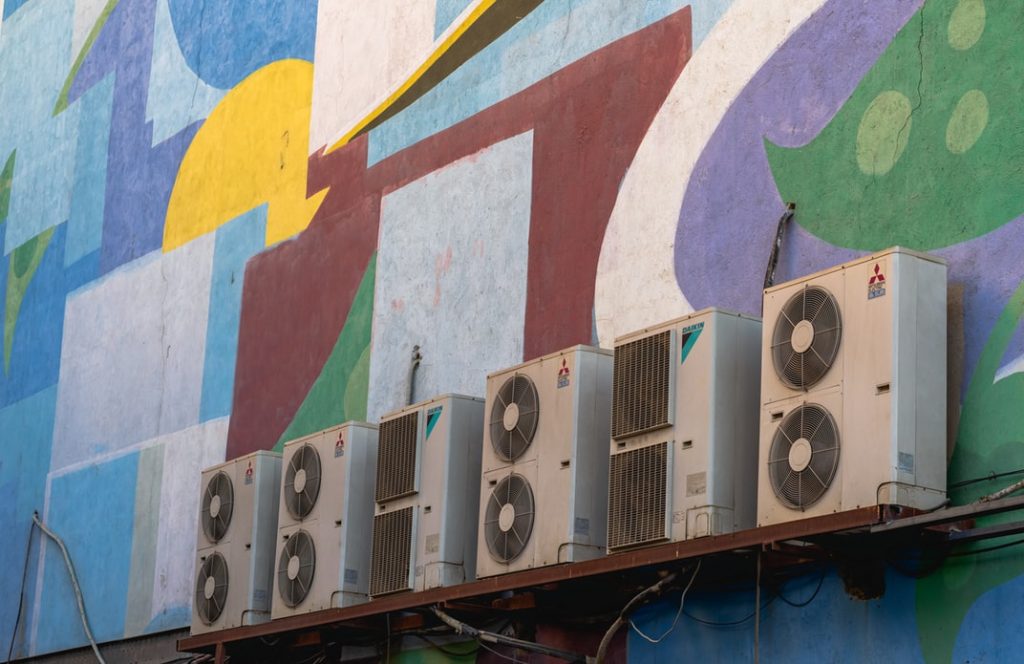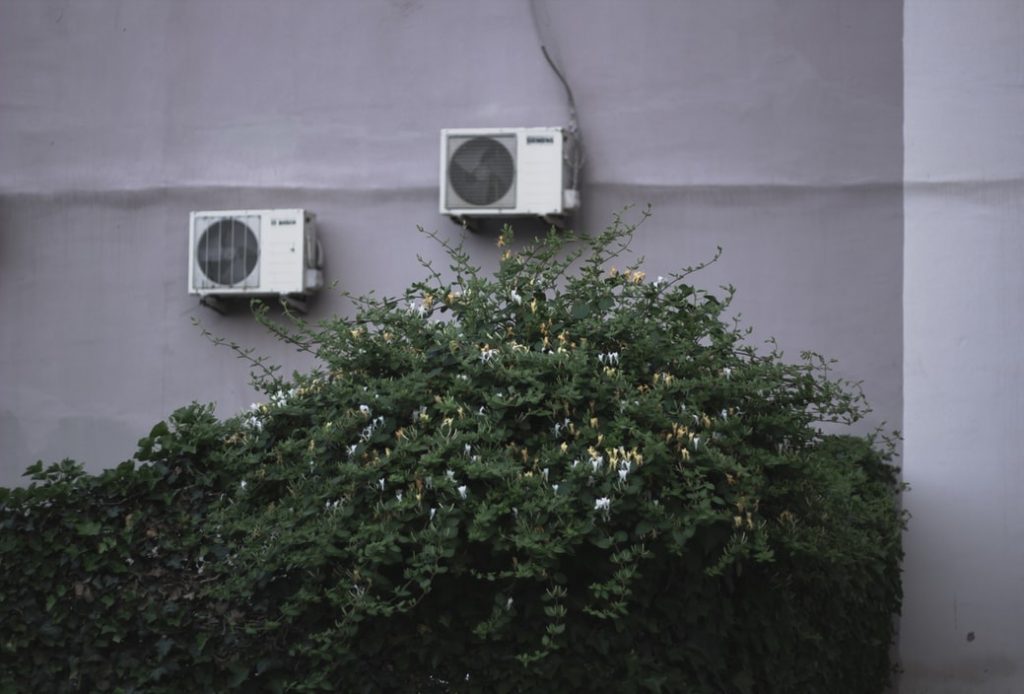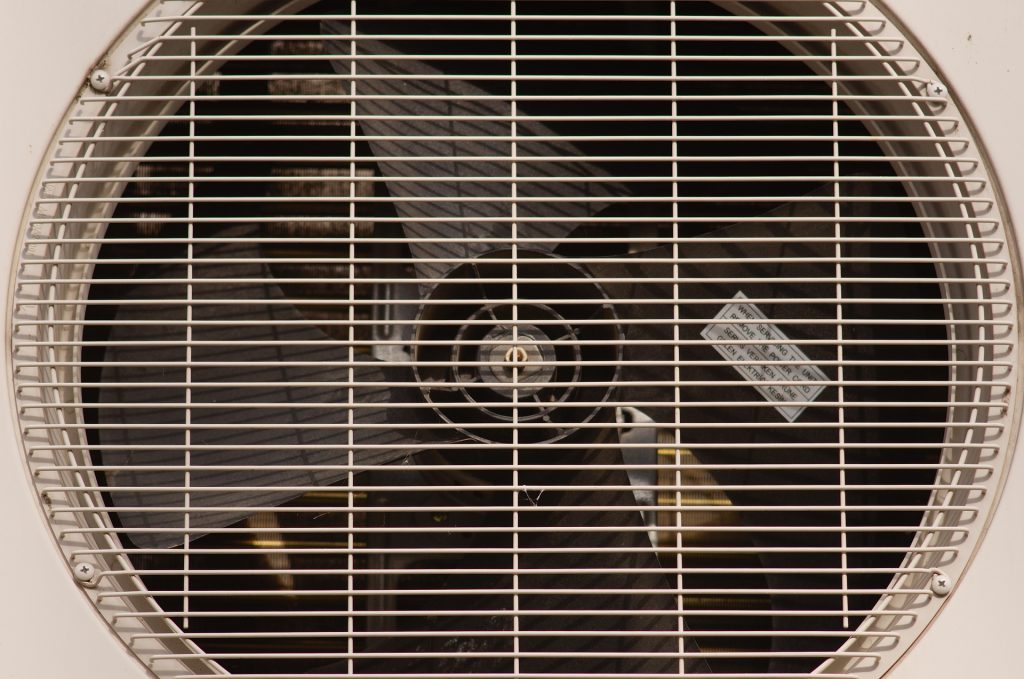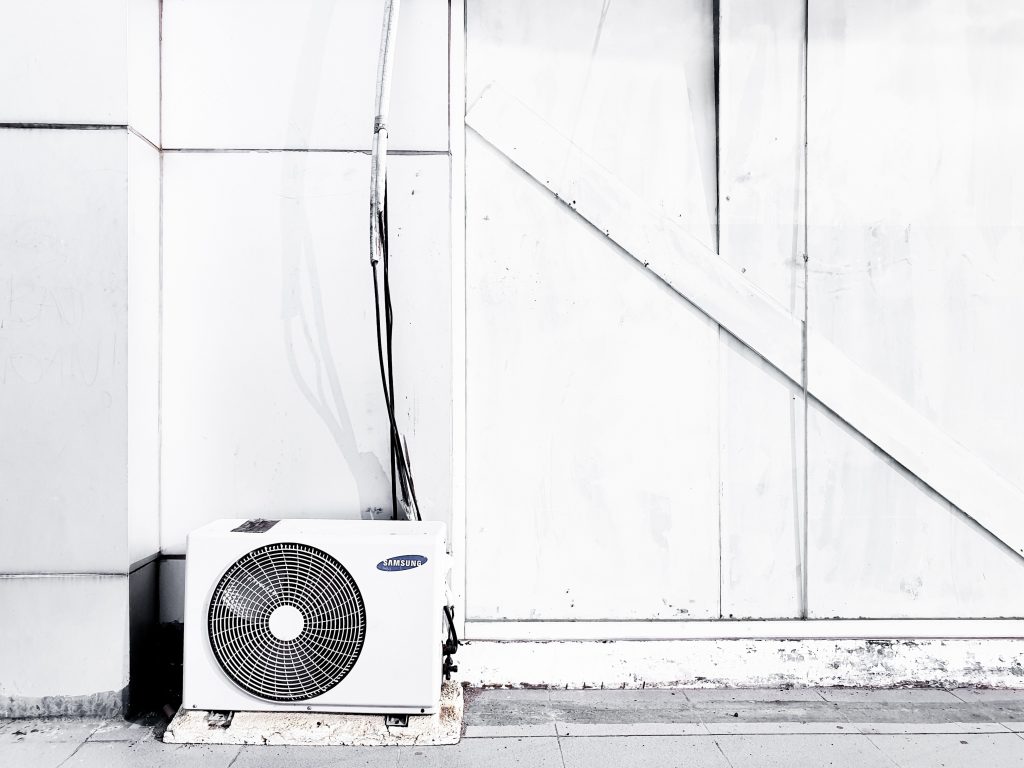When your air conditioner turns on and off right away, it can be incredibly frustrating. In addition to leaving your home with inadequate cooling, the issue (known as “short cycling”) wastes electricity.
In this post, we’ll clue you in on the most common causes of short cycling. We’ll also tell you about the methods for dealing with it — and when you’re better off contacting a professional.
Common Reasons Your AC Turns On and Off
Timer Issue
While it may seem silly, some homeowners don’t realize their AC units come with a timer and automatic shutoff functionality. As such, their AC keeps turning on and off because it is literally programmed to!
Before you do anything else, it’s worth reviewing your AC unit’s manual to ensure you’re not overlooking what could be a very simple fix. It’s rare but this does happen.
Poorly-Placed Thermostat
If your AC keeps turning on and off, there’s a good chance you’re experiencing a thermostat issue. It makes sense; your thermostat is, of course, what tells your AC how to function and when to turn on. If your thermostat is located near an air vent or window, it may be getting an inaccurate temperature reading.
What to Do
You’ll need to work with a technician to move the thermostat to a more suitable location.
At American Home Water and Air, we’re the most trusted experts for servicing thermostats and air conditioners in Phoenix. This is one repair you’re better off leaving to us (or an expert in your region if you live elsewhere).
Refrigerant Leak
Another common cause of your AC turning on and off is a refrigerant leak. More specifically, it’s the pressure fluctuations caused by such a leak that creates issues.
Most AC compressors have a switch that will shut the unit off in cases of low pressure. When the unit is off, the pressure will rise again and cause it to switch back on.
If you’re wondering ‘why does my air conditioner keep turning on and off by itself,’ and the thermostat isn’t the problem (i.e. your system previously ran well for years), this is the most likely issue.
What to Do
This issue requires a technician’s expertise to fix as well. They’ll need to find the source of the leak and repair it.
Your Air Filter Needs Changing
If your air conditioner turns on and off right away, the unit’s filter is another common culprit. Dirt and debris in the filter restrict the unit’s air intake, causing seized coils that trigger a premature shutoff. That’s why it’s essential to replace and clean your air conditioner filters regularly.
What to Do
If it’s your outside AC unit that’s turning on and off, accessing the filter may involve removing the large cover. This can be dangerous for both you (electrocution) and your AC unit (debris getting sucked into it). For that reason, you’re better off relying on a technician to fix an outside AC unit that keeps turning on and off.
If you have a smaller indoor unit or a central system, you may be able to unplug it and inspect (or even replace) the filter yourself. Refer to your unit’s instruction manual. This might involve cleaning your filters but clogged up AC drain lines can also cause your air conditioner to turn off. It is recommended that you inspect and clean air conditioner drain lines and filters to prevent your AC unit from switching on and off.
To avoid this issue, consider changing the dirty AC filter at least once a month.
Problems with Your Condenser Coils
As with your AC’s filter, its condenser coils tend to collect debris and dirt if you don’t make an effort to clean them regularly. If this is the reason your AC turns on and off, the dirt is forcing the system to work harder. Eventually, it overheats and shuts off.
What to Do
Because AC condenser coils are located on the machine’s exterior, you can usually do quite a bit of cleaning on your own. Wipe away debris with a small brush and then use foam coil cleaner and a hose.
An Oversized AC Unit
An oversized AC will cool your home very quickly. In other words, it won’t need to run as consistently to get the job done. This may seem like a plus but it’s actually a major downside. Frequent starting and stopping will waste energy and cool your home improperly. It will also cause humidity issues in your home.
What to do About It
Of course, your best bet is to replace the system with a properly-sized one. If this isn’t possible, you still have some options, though. You can find the average cost to replace your air conditioning unit by clicking on the link provided.
You can somewhat compensate for an oversized AC unit by installing a standalone humidifier. If your unit comes with a variable-speed blower, you may also be able to adjust it. You may also be able to add ducts leading to another part of the house that is not traditionally cooled. You can also install an air conditioner pad to prevent moisture from the yard that can cause a malfunction to the system.
Before settling on a solution, contact a professional — preferably not the person who sold you the oversized system, to begin with or else they might probably sell you a defective HVAC system (it’s better to avoid your AC from blowing up smokes)
Not Sure What The Issue Is? Call a Professional
These are just some of the more common issues that contribute to an AC turning on and off repeatedly. If you’re unable to diagnose the problem, your best bet is to contact a professional. It may cost you but ignoring the issue would, too; an AC that keeps switching on and off will waste energy and be incredibly inefficient especially for your window air conditioner insulation.
Prevention is Key
As with most things systems-related, preventing issues (such as your AC blowing a fuse) is much more effective than trying to solve them after the fact. It’s important that you service your AC unit at the intervals recommended by its manufacturer. At American Home Water and Air, we offer a very reasonably-priced 40-point checkup that will screen for all of the above issues and more.
All you need are two checkups annually and you’ll never have to wonder “why does my air conditioner keep going on and off by itself” again!
Conclusion
The most common issue that contributes to an AC turning on and off is a misplaced thermostat. This issue, along with a dirty filter and refrigerant leak, requires the help of a technician to repair. If your AC coils are to blame, however, you can typically solve the issue by cleaning them with a brush and some foam coil cleaner.
Whatever route you take, deal with the issue sooner rather than later. If you leave your AC unit running improperly for too long, it may damage itself further. It will almost certainly waste energy and cool your home improperly, too. Lastly, it’s also essential to install proper ventilation and insulation around the house. Here’s an article on how to vent a portable air conditioner without a window and if you’re living in Arizona, check out the types of water contaminants found on your water lines.
[related_posts_by_tax posts_per_page="3" format="thumbnails" image_size="medium"]









